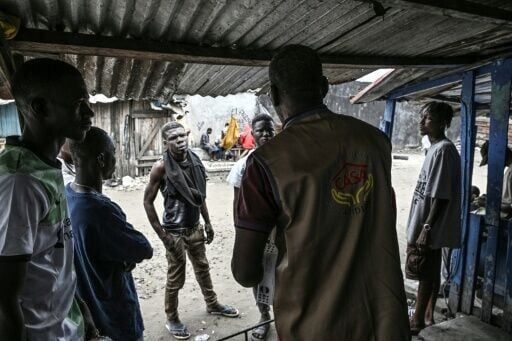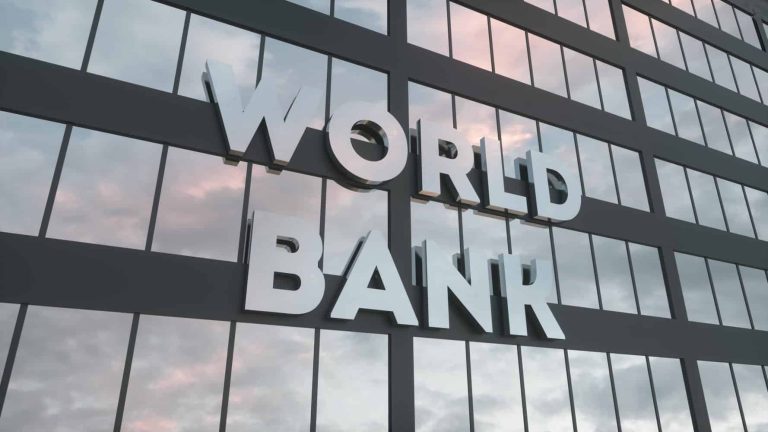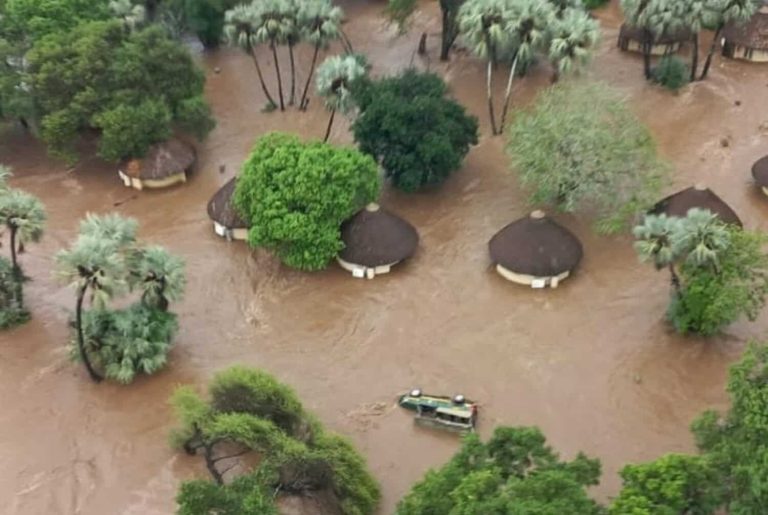
In Abidjan, Ivory Coast’s bustling commercial capital, a quiet transformation is taking place. Once trapped in the grip of addiction, many drug users are now finding solace and a new sense of purpose at a discreet yet powerful refuge — the Addiction Care and Support Centre (CASA).
Tucked away behind an unmarked entrance in one of the city’s upscale neighbourhoods, the centre has become a lifeline for those seeking to rebuild their lives.
Offering free medical, social, and psychological support, CASA provides a safe space for recovery far removed from the chaos of Abidjan’s drug dens.
Over the past few years, Ivory Coast has emerged as a key transit hub for the global heroin and cocaine trade, with the social consequences now playing out on its streets.
While official statistics on drug use remain scarce, Feriole Zahoui, an addiction specialist at CASA, estimates that between 30,000 and 40,000 people in Abidjan are struggling with substance abuse — three to four times more than a decade ago.
Since its establishment in 2018, CASA has assisted more than 3,000 individuals, according to its records. The centre was launched through a partnership between Médecins du Monde (Doctors of the World) and the local NGO Espace Confiance, combining medical expertise with community outreach.
Unlike many countries that take a hardline stance on drug use, the Ivorian government has opted for a more rehabilitative approach.
A 2022 law reduced prison sentences for users from up to five years to just a few months, signaling a shift toward treatment rather than punishment.
By late morning, calm often reigns inside CASA’s communal rest area. A few visitors doze quietly, others engage in light conversation, while a television hums softly in the background.
Around 20 people visit the centre daily, each finding, in their own way, a path back to dignity, stability, and hope.
For many, CASA has become more than a centre — it is a second home, a sanctuary where recovery begins and second chances are possible.



